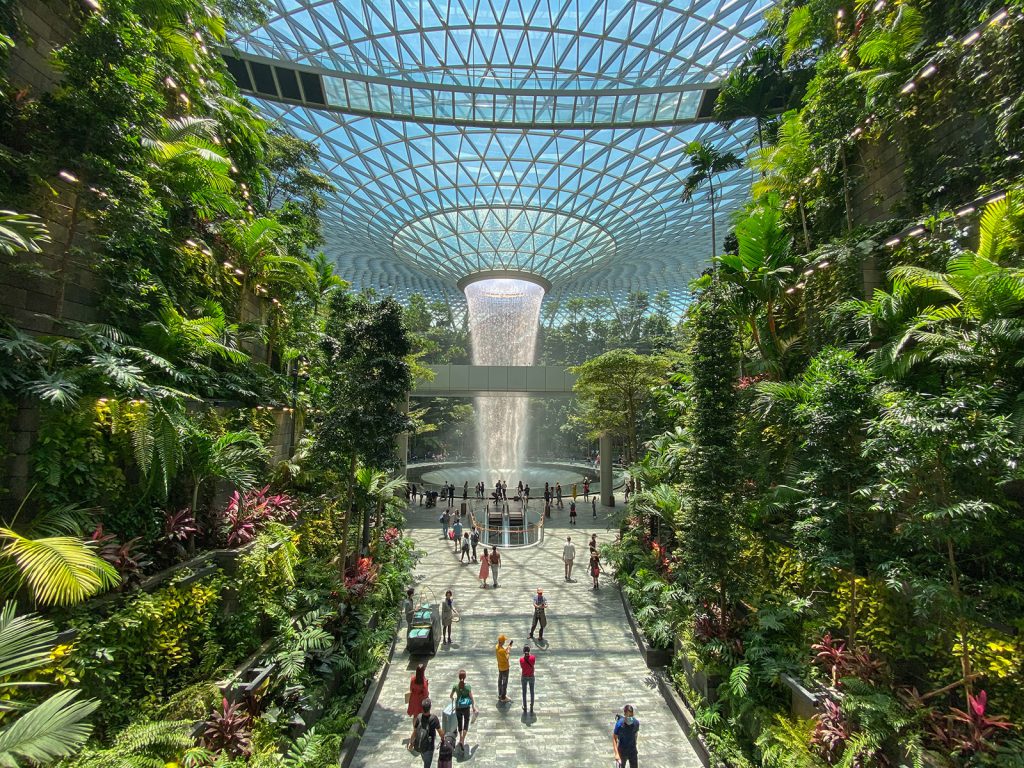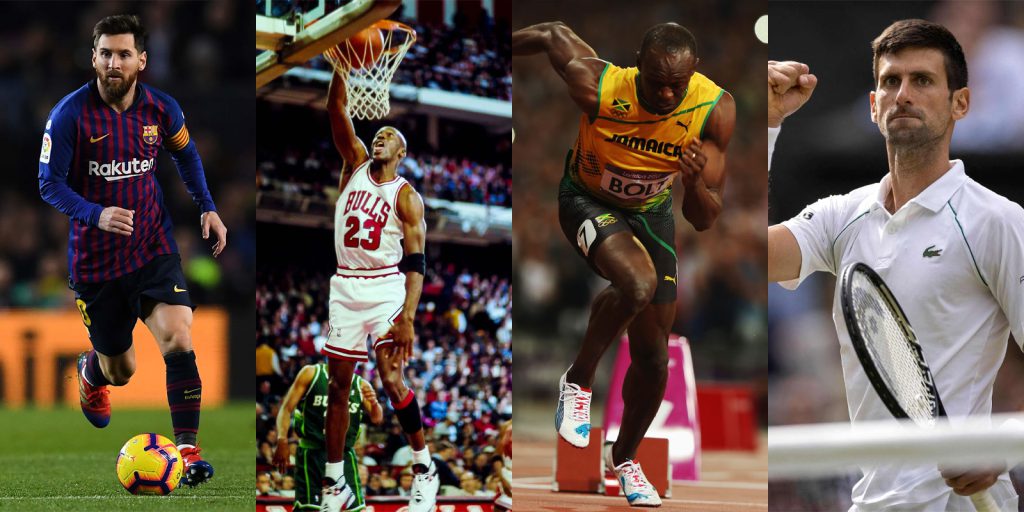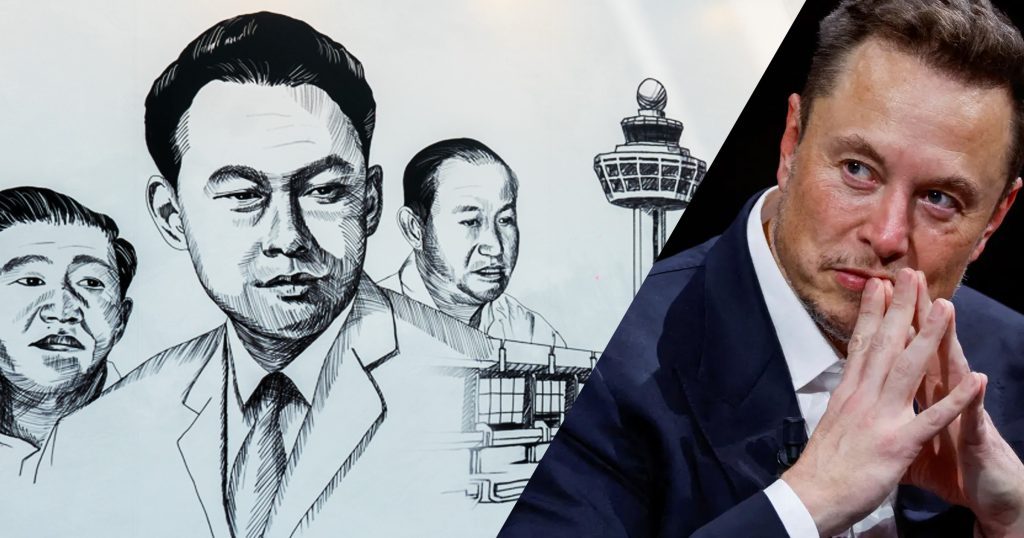Disclaimer: Unless otherwise stated, opinions expressed below belong to the author.
It’s now been almost ten years since the founding father of modern, independent Singapore passed away, but his legacy is still very much alive, attracting interest and praise around the world.
A few days ago, Elon Musk himself shared a post highlighting one of the perhaps less discussed details of Lee Kuan Yew’s approach to immigration: that the Changi airport was an element of it when it opened over 40 years ago.
He was brilliant https://t.co/d1C60XIvNA
— Elon Musk (@elonmusk) July 18, 2024
A magical onboarding experience
You see, Changi Airport wasn’t just for show, it also made a statement to the world that Singapore is an increasingly more developed, modern metropolis.
It was also an offer to all those passing through: look what a life you could have here.
At the time, it must have been particularly surprising in an East Asian country, when the only developed nation on the entire continent was Japan. Passing Changi, whether in transit or to/from Singapore, was a silent onboarding process for potential future immigrants that the city-state needed.
Lee Kuan Yew understood that Singapore couldn’t possibly rely on domestic human capital alone. It needed to learn from the world, and to that end, an element of the policy was to convince foreigners that they could not only do business here but also live there.
Ultimately, many of them could become citizens with skin in the game, contributing to Singapore’s future growth.
Since you only have one chance to make a great first impression Changi Airport had to be immaculate, offering an experience that few others, if any, could match. This remains a policy to this day, as it keeps collecting awards for the best facility in the world almost every year.

Unorthodox lessons for startup founders
Keen-eyed among those in the startup scene will notice that Lee Kuan Yew’s policy isn’t something that is frequently preached in Silicon Valley.
Quite the opposite, in fact. Pursuing perfection is undesirable, rapid iteration, testing, and, often, quick failure are preferred to making things right. Move fast, break stuff!
Reid Hoffman, billionaire CEO of LinkedIn and one of the original PayPal Mafia members, once said that “if you’re not embarrassed by the first version of your product, you’ve launched too late”.
A few years later, he qualified that statement, reasonably explaining that it should not be an excuse to ship a broken product. However, we will never know how many companies failed prematurely because an otherwise good solution was brought down by poor onboarding experience of early users.
Would Changi have achieved its purpose if it was less than amazing? Would Singapore as a whole be as attractive to the world if it was a bit less well-run? If it was just another nice, modern city somewhere in Asia, rather than an example to follow in so many areas?
Observation of human achievement suggests otherwise
We see the enormous accumulation of success among very few top participants in any domain of human activity.
In sports, there may be millions of players, hundreds of highly-paid professionals but there are just a few individuals of the level of Lionel Messi, Michael Jordan, Usain Bolt or Novak Djokovic.

There may be thousands of incredibly smart physicists around the world, but there was just one Hawking, Einstein, Bohr and a handful of others who made landmark progress for human science.
Even in tech, there’s only one NVIDIA, one TSMC, one Google, and so on. Their superiority is not due to some enormous advantage—they’re just a little bit better than their competitors, and that’s what makes all the difference.
This, of course, is not a suggestion that you should start building your business as a multibillion-dollar enterprise, but there is a case to be made for excellence at the scale you’re operating at. Be as good as you can be at your size.
When Singapore opened Changi in 1981 its GDP per capita was little over a third of America and around half of the developed economies of Western Europe and Japan. It would be another decade before Soviet Union collapsed, China had merely just started opening to the world and communist guerrillas were still roaming Malaysian jungles.
It was easy for Singapore to be much better than its neighbours and other Asian countries for thousands of miles. But it was not an excuse to be worse than was possible.
This ethos still keeps the city going today, even though it is even wealthier and more developed than everybody around. It would be so easy to rest on the laurels and allow some complacency in.
That, however, would be the end of Lee Kuan Yew’s ideals that make Singapore so special.
Featured Image Credits: Changi Airport/The Guardian










